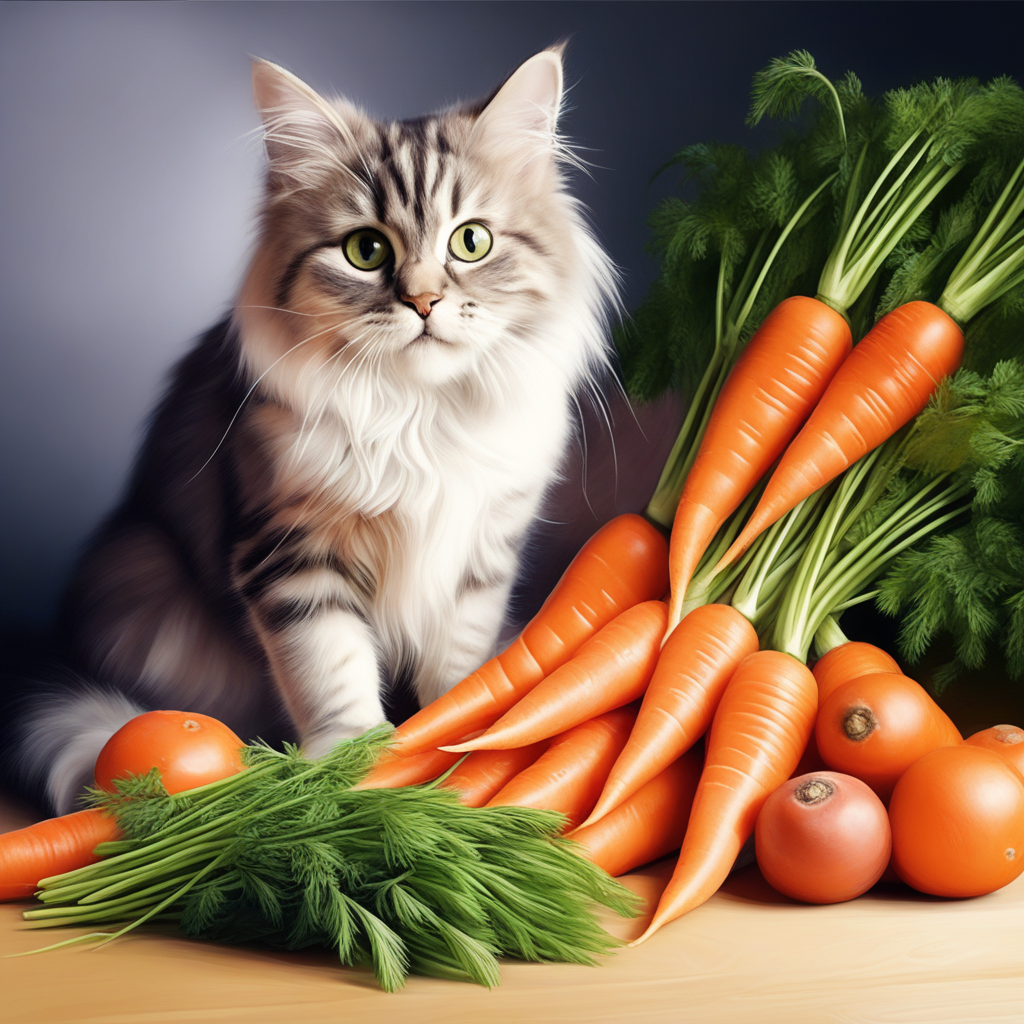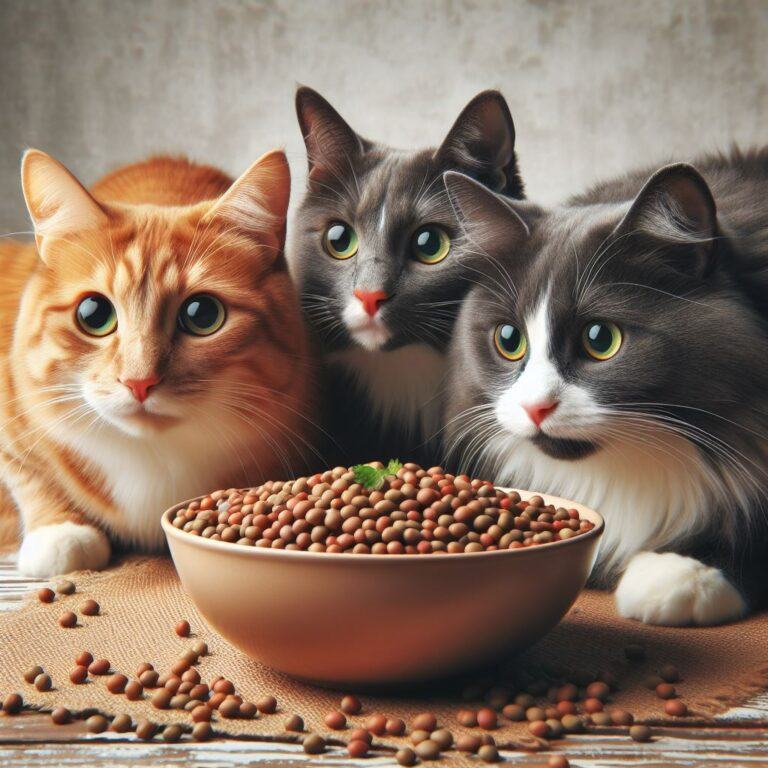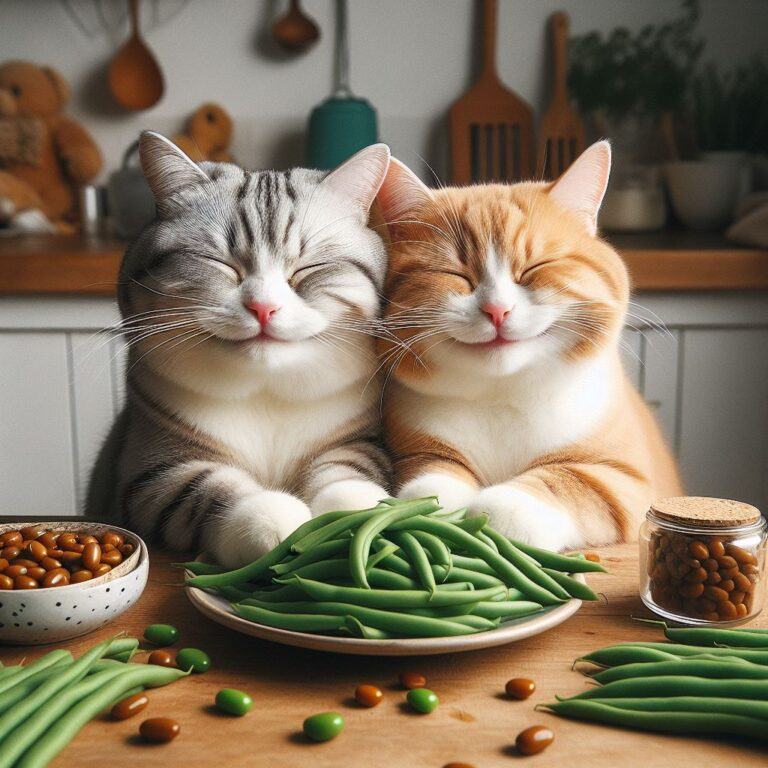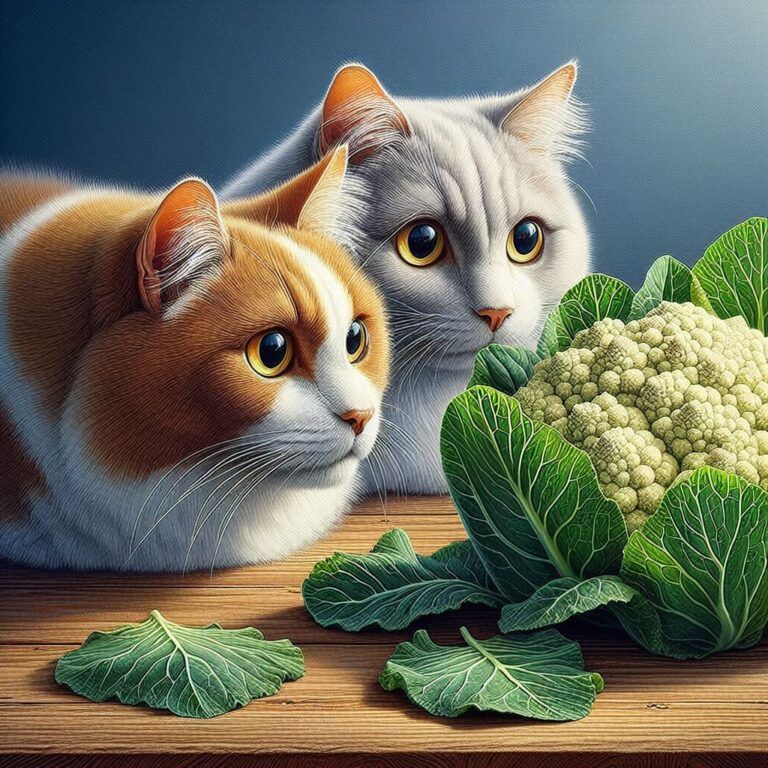Can Cats Safely Eat Carrots
Yes, cats can safely eat carrots in moderation. While these crunchy vegetables might be a staple in our own diets, they’re not a natural part of a cat’s carnivorous menu. However, they can provide a dose of vitamins and minerals that might benefit your cat, such as vitamin A, which is essential for good vision, a robust immune system, and healthy skin.
Of course, it’s vital to introduce carrots slowly into your pet’s diet to ensure they react well to this new addition. Some cats might be more sensitive than others, so paying attention to how your feline friend responds is crucial. If you notice any adverse effects, it’s a good idea to consult your veterinarian.
When thinking about a cat’s digestive system, remember that it’s primarily designed to eat and process meat. While a nibble on a carrot now and then won’t hurt, it’s not something a cat should have too much of. The key is moderation and making sure that the carrot is a treat, not a staple.
As we move on from the green light on carrots, it’s also essential to consider how to safely prepare these veggies for your feline. Stick with me as we explore the best ways to prepare and serve carrots to your cat, ensuring they get just the right amount to keep their diet varied and interesting without compromising their health.
Preparing Carrots for Your Feline Friend
I can let you in on the secret to safely serving carrots to your cat. It’s not complicated, but you need to follow some guidelines to ensure your furry companion enjoys these snacks without any issues.
Whether you should serve cooked or raw carrots is a crucial decision. Cooking carrots makes them easier to chew and digest for cats, which is especially important for kittens or older felines.
However, if your cat enjoys crunching, small bite-sized raw pieces could be alright, too, provided they’re thoroughly washed to remove any pesticides.
When it comes to how much carrot your cat can eat, moderation is key. A couple of small pieces of carrot once a week is a good rule of thumb. It’s vital to remember that treats like carrots should make up no more than 10% of your cat’s daily caloric intake.
As you introduce carrots to your cat’s diet, pay attention to how they react. Any signs of gastrointestinal upset, such as vomiting or diarrhea, should prompt you to discontinue feeding carrots and consult your vet. Cats, like people, can have food preferences and allergies, so observation is necessary.
With the groundwork laid on preparing carrots for your cat, I’ll move on to how you can weave such treats into the broader canvas of feline nutrition. After all, your cat’s well-being is our top priority.
Feline Nutrition 101: The Bigger Picture
The inclusion of vegetables like carrots in a cat’s diet often sparks curiosity. It’s essential to remember that cats are obligate carnivores; their primary nutrition should come from animal-based proteins.
That said, offering the occasional vegetable treat, such as a carrot, can complement their diet when done correctly. Care should be taken to ensure that treats, including carrots, do not exceed 10% of a cat’s total daily caloric intake to maintain optimal health.
Most commercial cat foods are formulated to meet all of a feline’s dietary needs without supplementation. Therefore, carrots should be considered an occasional treat rather than a dietary staple.
I strongly advise seeking a consultation with a veterinarian before making any changes to your cat’s diet. They can provide personalized guidance based on your cat’s specific health and nutritional requirements.
Incorporating treats like carrots can be a healthy addition to your cat’s diet, but this should always be approached with moderation and an understanding of their overall dietary needs.
Regular veterinary input will ensure that you’re providing a balanced diet that supports your cat’s wellbeing.
Related Posts: Can Cats Safely Eat Broccoli







